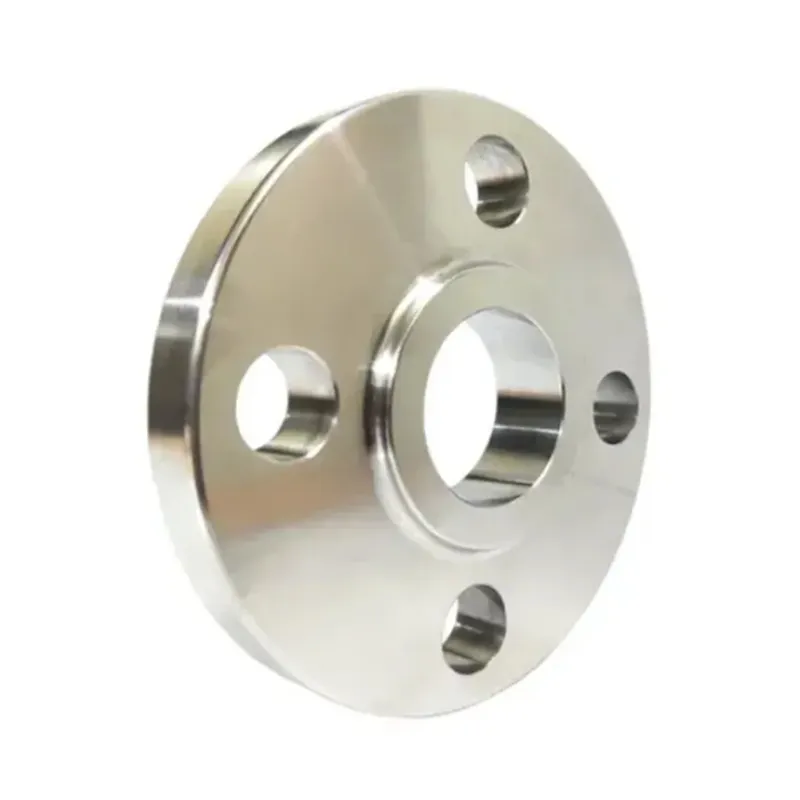-
Cangzhou Yulong Steel Co., Ltd.
-
Phone:
+86 13303177267 -
Email:
admin@ylsteelfittings.com
- English
- Arabic
- Italian
- Spanish
- Portuguese
- German
- kazakh
- Persian
- Greek
- French
- Russian
- Polish
- Thai
- Indonesian
- Vietnamese
- Zulu
- Korean
- Uzbek
- Hindi
- Serbian
- Malay
- Ukrainian
- Gujarati
- Haitian Creole
- hausa
- hawaiian
- Hebrew
- Miao
- Hungarian
- Icelandic
- igbo
- irish
- Japanese
- Javanese
- Kannada
- Khmer
- Rwandese
- Afrikaans
- Albanian
- Amharic
- Armenian
- Azerbaijani
- Basque
- Belarusian
- Bengali
- Bosnian
- Bulgarian
- Catalan
- Cebuano
- China
- China (Taiwan)
- Corsican
- Croatian
- Czech
- Danish
- Esperanto
- Estonian
- Finnish
- Frisian
- Galician
- Georgian
- Kurdish
- Kyrgyz
- Lao
- Latin
- Latvian
- Lithuanian
- Luxembourgish
- Macedonian
- Malgashi
- Malayalam
- Maltese
- Maori
- Marathi
- Mongolian
- Myanmar
- Nepali
- Norwegian
- Norwegian
- Occitan
- Pashto
- Dutch
- Punjabi
- Romanian
- Samoan
- Scottish Gaelic
- Sesotho
- Shona
- Sindhi
- Sinhala
- Slovak
- Slovenian
- Somali
- Sundanese
- Swahili
- Swedish
- Tagalog
- Tajik
- Tamil
- Tatar
- Telugu
- Turkish
- Turkmen
- Urdu
- Uighur
- Welsh
- Bantu
- Yiddish
- Yoruba

Jul . 30, 2024 22:33 Back to list
Innovative Titanium Components for Enhanced Performance and Durability in Modern Engineering Applications
Titanium Components The Future of Engineering and Design
Titanium, a versatile and high-performance metal, has increasingly become the material of choice for various industries, including aerospace, automotive, medical, and sports equipment. Its exceptional strength-to-weight ratio, corrosion resistance, and biocompatibility make it a valuable asset for complex components that require reliability and efficiency. In this article, we will explore the various facets of titanium components, their applications, production processes, and the benefits they offer over traditional materials.
The Properties of Titanium
Titanium belongs to the group of transition metals and is renowned for its unique properties. It is lightweight yet strong, making it ideal for applications where performance and durability are essential. Specifically, titanium has a density that is about 60% that of steel, but it exhibits comparable tensile strength. This means that products made from titanium can achieve the same strength as those made from heavier materials while reducing overall weight—a critical factor in industries such as aerospace and automotive.
Moreover, titanium is highly resistant to corrosion due to the formation of a protective oxide layer when exposed to oxygen. This property allows titanium components to endure harsh environments, including extreme temperatures and exposure to corrosive substances, making it prevalent in marine applications and chemical processing industries. Additionally, titanium's biocompatibility has made it a staple in medical implants, dental devices, and surgical instruments.
Applications of Titanium Components
1. Aerospace Industry Titanium is extensively used in aircraft and spacecraft components, such as engine parts, landing gear, and airframes, due to its strength and lightweight characteristics. The use of titanium alloys significantly decreases the overall weight of the aircraft, leading to improved fuel efficiency and increased payload capacity.
gussteile aus titan

2. Automotive Sector In the automotive industry, titanium components are employed in various applications, including exhaust valves, connecting rods, and suspension systems. By replacing traditional steel components with titanium alloys, manufacturers can create lighter and more efficient vehicles, thereby enhancing performance and fuel economy.
3. Medical Field The medical industry benefits greatly from titanium's biocompatibility. It is widely used in surgical implants, such as hip and knee replacements, dental implants, and orthopedic devices. Titanium's ability to integrate with bone and its resistance to body fluids make it a preferred material for long-lasting medical solutions.
4. Sports and Recreational Gear Titanium is also utilized in high-end sports equipment, such as bicycles, golf clubs, and diving gear. Athletes appreciate the lightweight yet robust nature of titanium, which enhances performance without compromising durability.
Manufacturing Processes
The production of titanium components involves several techniques, including forging, machining, and additive manufacturing (3D printing). Precise control over the manufacturing process is essential to maintain the desired properties of the titanium, as its mechanical characteristics can be influenced by processing conditions. Advances in 3D printing technology have also opened up new avenues for creating complex geometries and customized components, particularly in medical and aerospace applications.
Conclusion
As industries continue to seek materials that offer a competitive edge in terms of performance, durability, and weight, titanium components are becoming more prominent. The unique properties of titanium not only enhance product functionality but also contribute to sustainability by improving fuel efficiency and reducing resource consumption. With ongoing research and development in titanium alloys and manufacturing techniques, the future looks promising for the adoption of titanium in various applications, making it a material of choice for innovative engineering solutions. The shift towards titanium signifies a broader trend in the industry towards smarter, lighter, and more resilient designs that meet the demands of modern technology and consumer needs.
Latest news
-
ANSI 150P SS304 SO FLANGE
NewsFeb.14,2025
-
ASTM A333GR6 STEEL PIPE
NewsJan.20,2025
-
ANSI B16.5 WELDING NECK FLANGE
NewsJan.15,2026
-
ANSI B16.5 SLIP-ON FLANGE
NewsApr.19,2024
-
SABS 1123 FLANGE
NewsJan.15,2025
-
DIN86044 PLATE FLANGE
NewsApr.19,2024
-
DIN2527 BLIND FLANGE
NewsApr.12,2024
-
JIS B2311 Butt-Welding Fittings LR/SR 45°/90° /180°Seamless/Weld
NewsApr.23,2024











